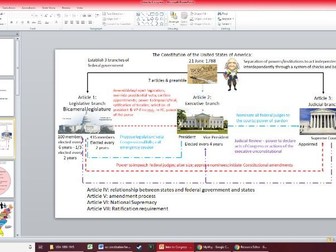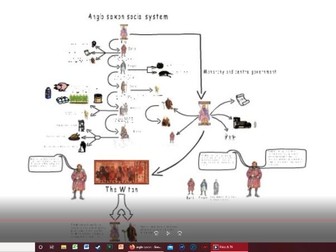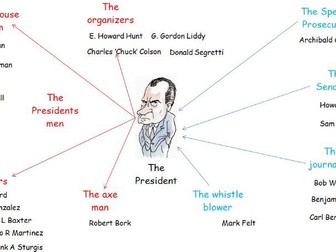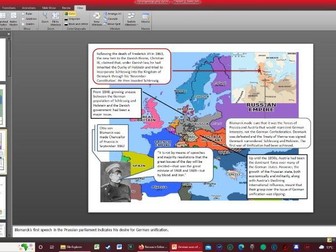
Causes of the First World War
Presentation and worksheets on the major causes of the First World War for KS3.
Objectives are to help pupils in year 9 identify and understand the major causes of the outbreak of the war in 1914; identify both long and short term causes; evaluate most important cause and explain their reasoning.
The PowerPoint is accompanied by a worksheet booklet and there is an additional task to chart the final stages from July to August 1914 that led to the war itself.
There is an assessment in the form of a homework task and this can be edited for lower ability pupils.



